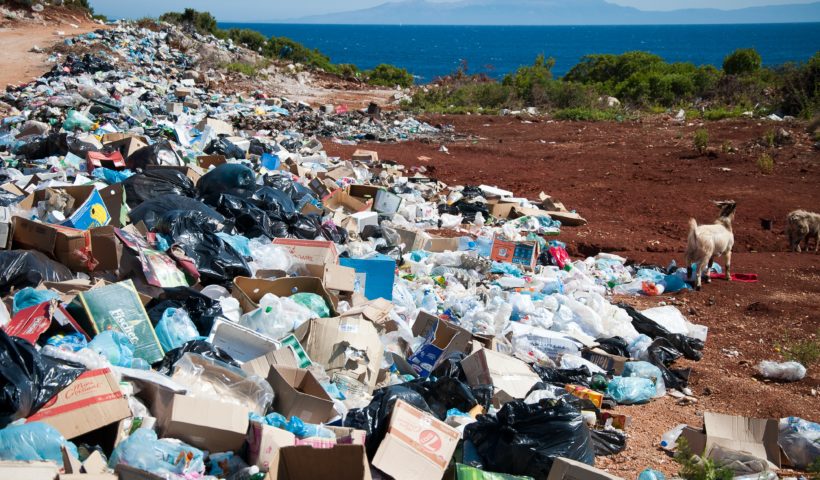In a world of fleeting trends and viral fashion sensations, companies and consumers alike have contributed to massive textile waste that has created irreparable environmental damage. Engineers have been working to combat these issues, but as new and innovative solutions are being developed, the question still remains: how can we balance affordability and ethical consumption in the pursuit of the next big fashion trend?
View More Engineering Alternatives to Fast FashionTag: Materials Science
Advancements in Superconductors: New Hopes or False Promises?
A new publication in Nature reported the development of a near-ambient superconductor, a material without electrical resistance. Traditionally, materials only display superconductivity at low temperatures (-123 °C) or high pressure (>990,000 atm). The introduction of a superconductive material that operates at ambient temperatures and lower pressure could introduce faster and more energy-efficient technologies. However, a lack of rare resources and scrutiny of initial data may prevent this technology from reaching its full potential.
View More Advancements in Superconductors: New Hopes or False Promises?A Credit Card a Week: The Environmental Ethics of Plastics
In an industrialized world, it seems impossible to live without plastics. From food storage to aircrafts, plastics provide benefits that make them an irreplaceable material. However, a consistent increase in plastic production and use has led to a massive plastic pollution crisis. Plastics are produced from non-renewable resources and can never fully decompose. They end up in our oceans, our environment, and even our stomachs (a credit card’s worth per week). Additionally, the massive amount of plastic waste has created a global plastic trade that unfairly places the burden of waste processing on less developed countries that may not be able to support even their own waste. The effects of plastic pollution are reaching a critical stage, and engineers must find solutions to relieve the growing pressure.
View More A Credit Card a Week: The Environmental Ethics of Plastics


